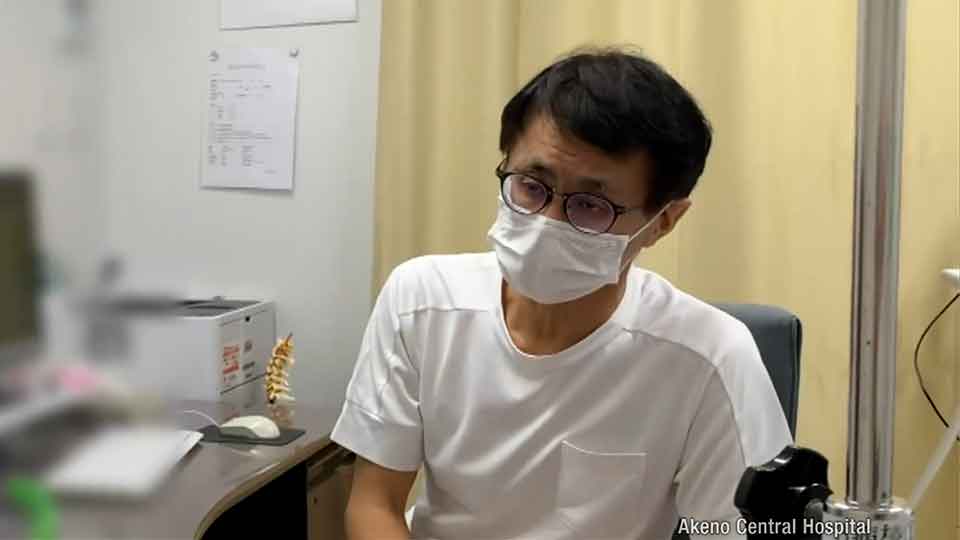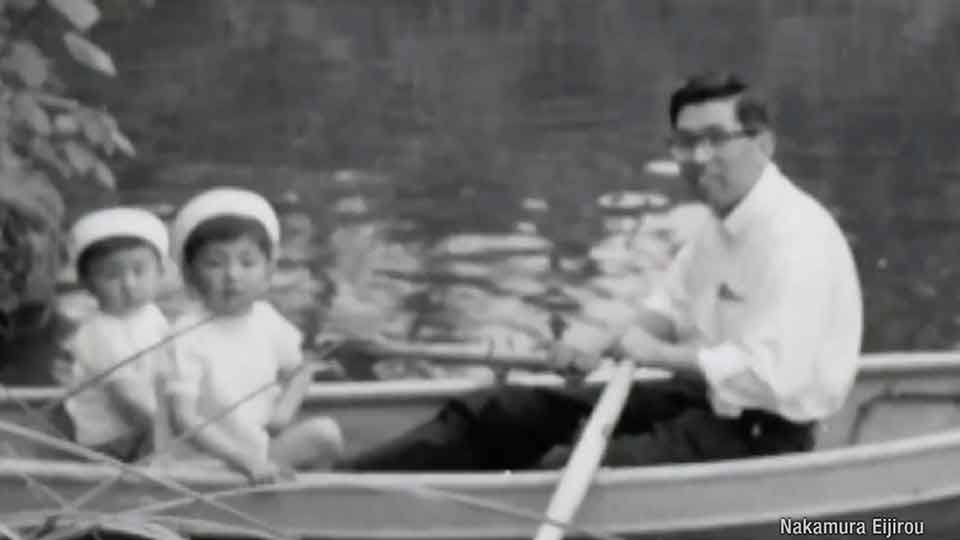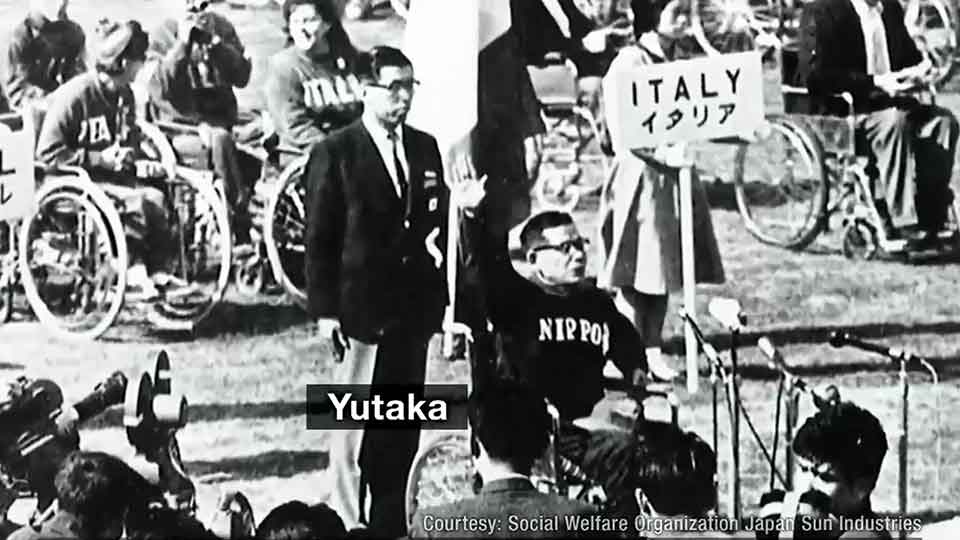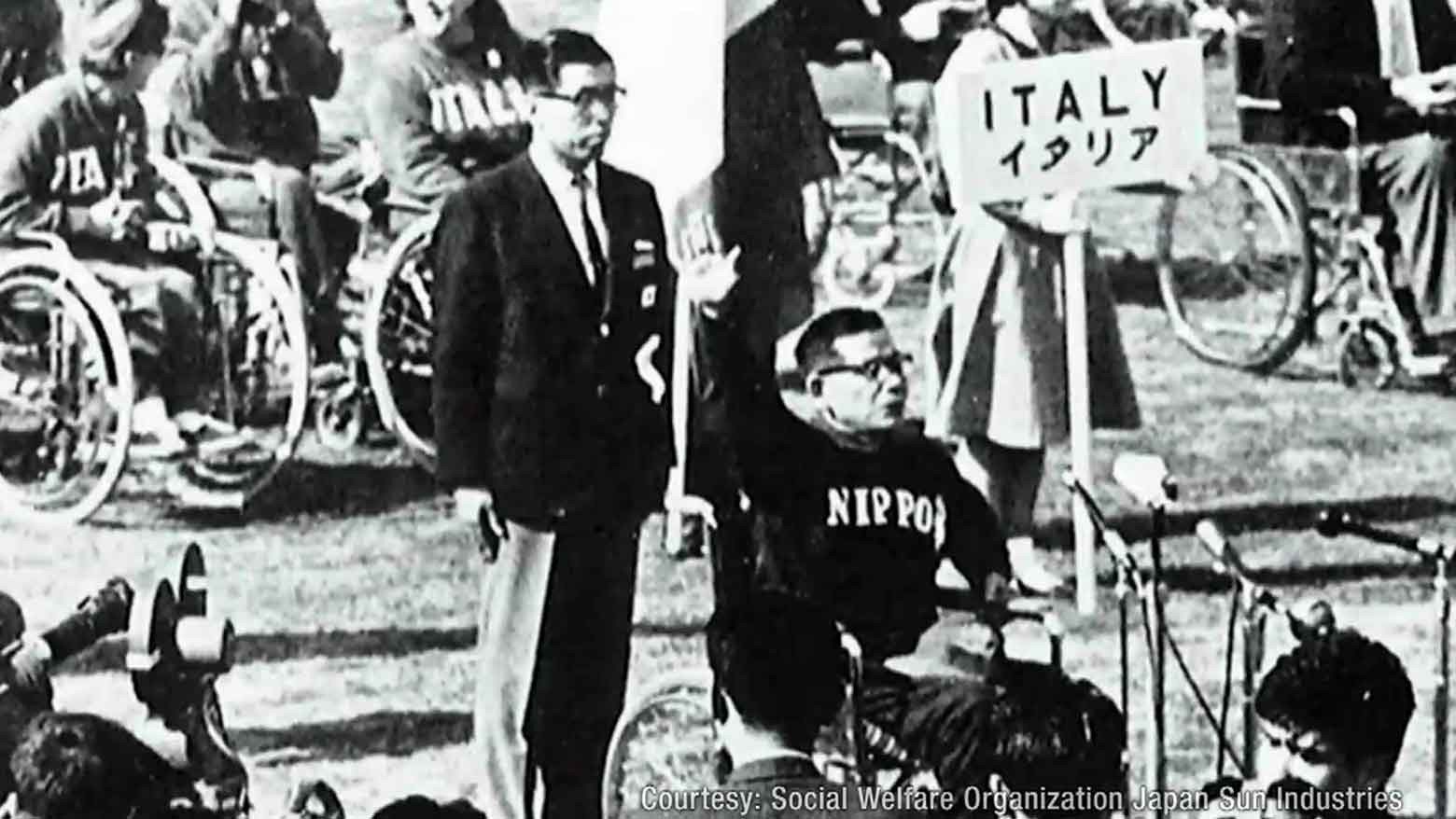Nakamura Eijirou will live out a childhood dream at the Tokyo Paralympics. The orthopedic surgeon from Oita Prefecture in southwestern Japan is working at the Games, just like his father did almost 60 years ago.
"I know my father Yutaka played a big role in the previous Tokyo Paralympics, so I'm happy to be able to take part in the event, even as a volunteer. I hope I can help as much as possible," Nakamura said.

Para sports have been a part of 59-year-old Nakamura's world for as long as he can remember. His dad, Nakamura Yutaka, was also an orthopedic surgeon and is considered the father of Tokyo's Paralympic movement.
"Since I was a child, I would follow my father and go to sports events for people with disabilities. There I would watch and experience wheelchair sports. It was natural for me to be interested in para sports as a kid," Nakamura said.

A 1960 study trip his father took to England helped start Japan's Paralympic journey. He met Dr. Ludwig Guttmann who was using sports to treat patients with spinal cord injuries. Guttmann was organizing competitions for people with disabilities, a series of events which would later become the Paralympics.
Yutaka was surprised to see patients playing sports as part of their rehabilitation programs. At that time in Japan, bed rest was still the most common treatment for people with mobility challenges.
The visit inspired Yutaka to organize similar sporting events for people with disabilities after the Tokyo Olympics in 1964. It wasn't officially called the "Paralympics", but organizers started to use the term there for the first time.
It was a major challenge to host the Games 60 years ago, when it was very uncommon to see people with disabilities playing sports in Japan. Nakamura says his father was determined to make them a success.
"People who took part at the Games with him told me later that my father was so busy that he had no time to rest. He carried boiled eggs and salt, and he would eat them. He would share that with other people," said Nakamura, who was only two years old at the time.

But he says it was a labor of love. His father's goal with the first Games was to help improve the lives of people living with disabilities.
"My father felt his job didn't end after a surgery or when patients were discharged from the hospital. I think he wanted to continue looking after his patients returning home and to work, until they are back in the community," Nakamura said.

Yutaka died in 1984 at the age of 57. His son would eventually follow in his father's footsteps and become an orthopedic surgeon treating patients in Japan and other parts of the world. That's where his own passion for para sports started to grow.
Nakamura has spent years researching how to help wheelchair athletes with shoulder and elbow injuries. He's also volunteered for decades at events, helping para athletes make friends and build confidence through sports.
Watch Video 03:11
"At this Paralympics, there will be more diversity among athletes. And there will be severe impairment that many people didn't know much before. I think the Games gives a chance to make people aware that these people can do so many things," Nakamura said.
Nakamura says para sports and para athletes have felt familiar and exciting ever since he was a child. He hopes the Tokyo Paralympics will help many others to feel the same way.

